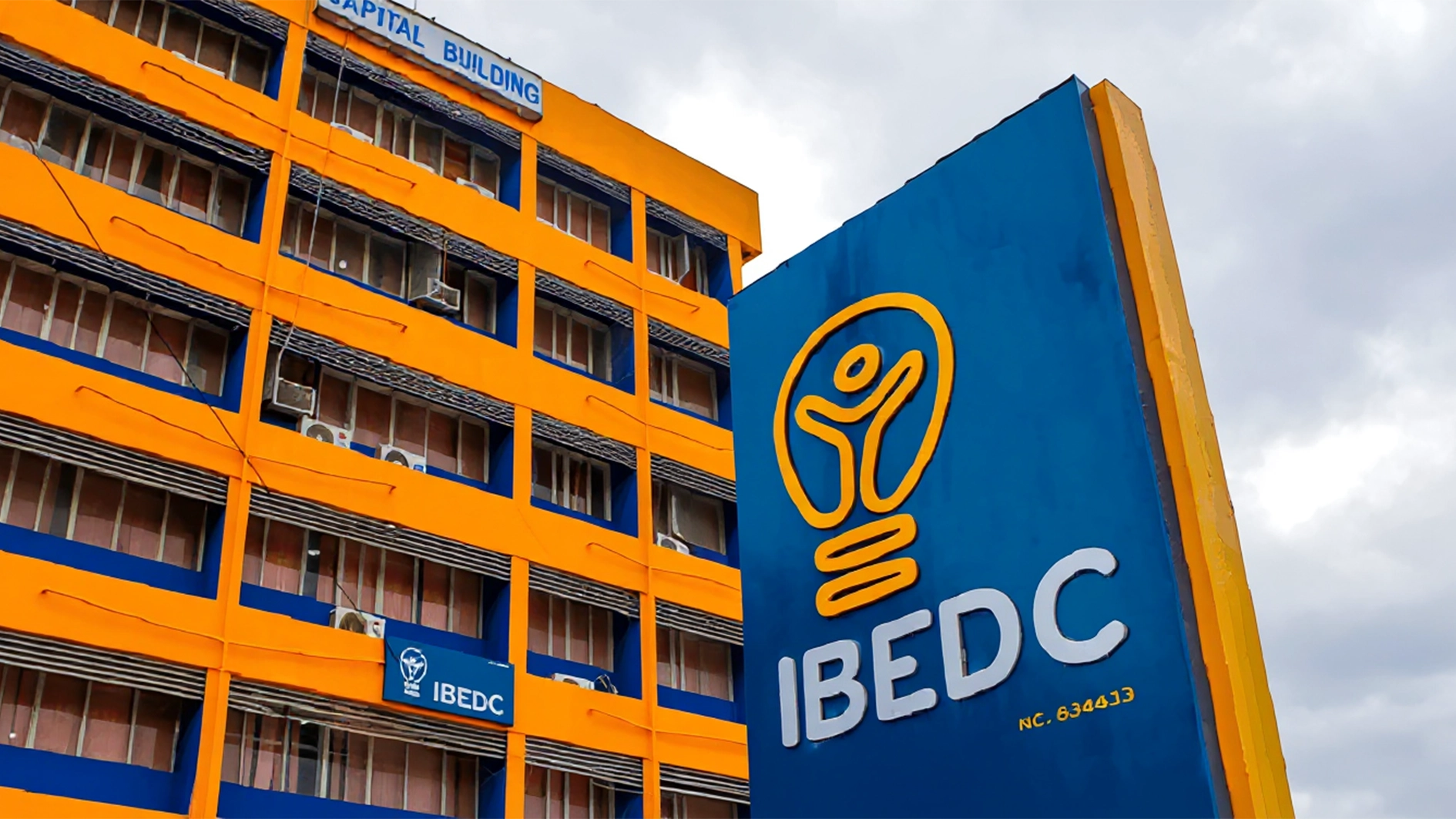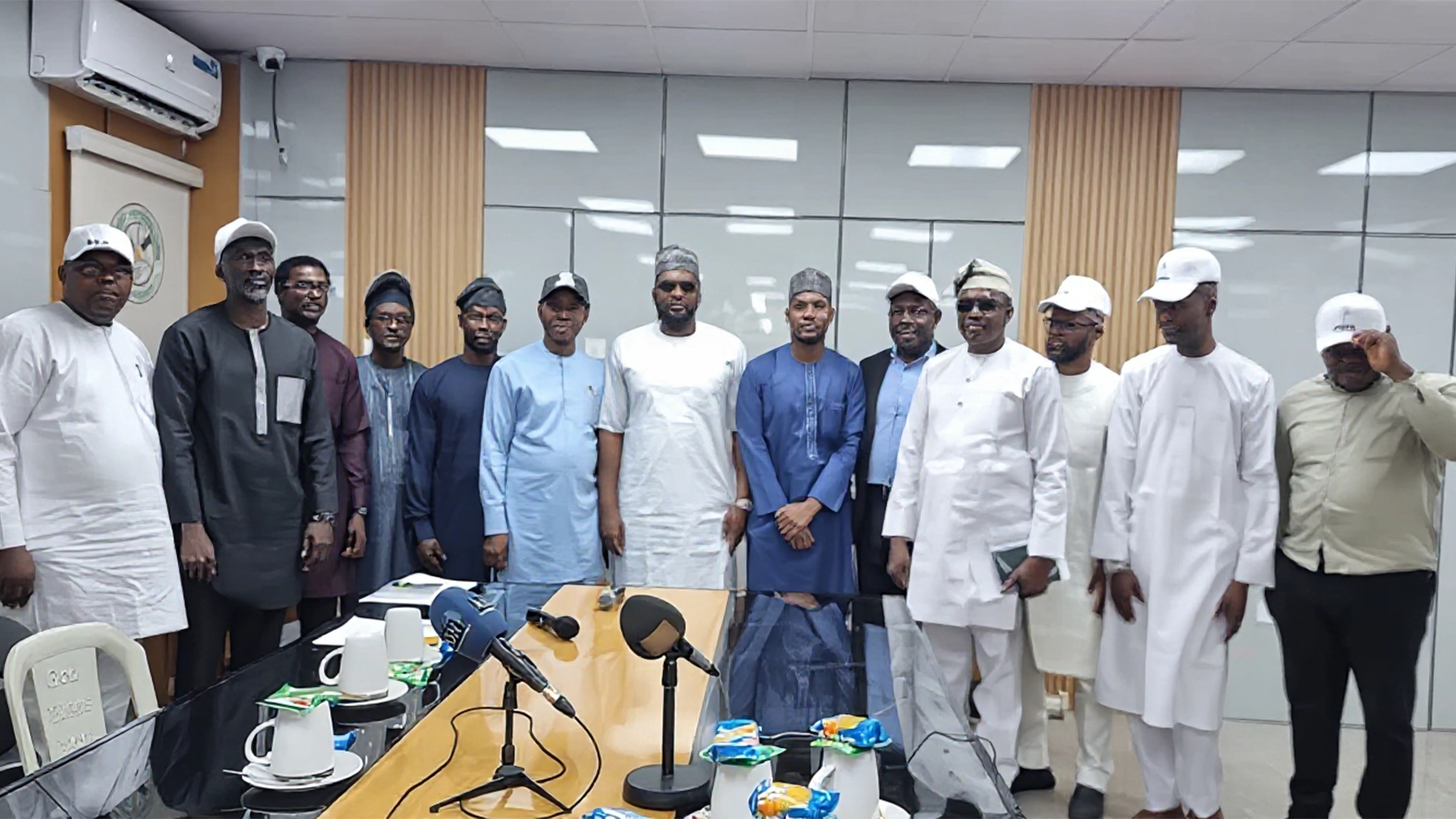
NIGERIA faces a pressing energy challenge which stresses the need for an energy infrastructure to support its developmental goals.
The Nigerian government’s energy transition plan, launched in 2022, is a crucial step towards achieving this goal, focusing on expanding access to electricity, reducing carbon emissions, and leveraging the country’s abundant natural gas resources.
With a target of achieving net-zero emissions by 2060, the plan emphasizes the integration of renewable energy sources such as solar, wind, and hydropower into Nigeria’s energy mix.
Additionally, it positions natural gas as a critical transition fuel, leveraging the country’s abundant gas reserves to support power generation while gradually increasing the share of renewables. To achieve these goals, the plan advocates for public-private partnerships, investment in advanced technologies, and capacity building, to ensure the necessary skills and expertise are in place to manage the new energy systems and sustain economic growth through the transition.
The power generation mix in Nigeria is expected to evolve significantly on the back of measures like growing investment in grid-scale renewable energy technologies such as the development of solar hybrid systems and investments in wind power.
This diversification strategy can allow Nigeria to decarbonise the energy mix effectively while balancing variable renewables with stable, base-load power.
In Nigeria, this goal can be achieved most effectively by leveraging the region’s abundant natural gas reserves, while transitioning away from higher carbon-intensity liquid fuels.
The complementary nature of renewables and gas, the significant investments in existing gas power infrastructure in Nigeria, and the advances in technology that are unlocking record-setting gas turbine efficiency levels mean that gas power technologies can enable significant immediate reductions in emissions today.
For more than 100 years, GE Vernova has been actively supporting Nigeria’s socioeconomic growth and continues to deliver new projects to increase the country’s power generation capacity and accelerate the path to more reliable, affordable, and sustainable energy.
As a leading manufacturer and supplier of gas turbine technology, the organisation’s commitment to executing upgrades and providing maintenance services for gas turbines in Nigeria has also increased power output and reduced operational costs at key facilities. Additionally, maintenance and rehabilitation of existing power plants, and conversion from simple cycle to combined cycle configuration can increase output and reduce emissions without the use of additional fuel.
These initiatives, including leveraging the country’s renewables potential by providing turbines and generators for several hydropower plants such as Zungeru, are integral to achieving the goals of Nigeria’s 2060 energy transition plan, as they enhance the reliability and efficiency of the nation’s energy infrastructure while reducing emissions through innovative solutions.
Looking ahead, advancements in hydrogen-based power generation and carbon capture, utilisation, and storage (CCUS) solutions also mean that a dollar spent on gas turbine technology today does not equal a dollar spent on a carbon footprint for the life of the asset.
The organisation demonstrated the successful operation of the LM6000 aero-derivative gas turbine on hydrogen–natural gas blended fuel at the Sharm El Sheikh Power Plant in Egypt. As proof of concept, the project illustrated that gas turbines can be a destination technology by burning hydrogen-blended fuels in gas turbines.
Beyond generation, a significant reinforcement or addition of the transmission grid will be inevitable to securely deliver energy from various generation sources to consumers. Consequently, the transformation of the grid cannot be achieved without an accompanying digital transformation.
In Nigeria, operators could install digital substations into their high-voltage transmission lines, rather than build conventional ones. AI-driven software is having a very real and beneficial impact on electric grids around the world today through leveraging advanced data analytics to enable predictive modelling of electricity demand and generation patterns. This foresight empowers grid operators to ensure the seamless integration of renewable energy sources into the grid.
For example, the GridOS orchestration software was recently deployed in the newly completed Information and Coordination Centre (ICC) in Abomey-Calavi, Benin, for the West African Power Pool (WAPP), a groundbreaking initiative aimed at transforming the interconnected power grids of 14 countries, including Nigeria. This milestone marks a significant step towards establishing a unified power market across the region, paving the way for a more reliable, sustainable, and affordable energy infrastructure for West Africa.
To further contribute to Nigeria’s energy transition plan, the importance of strategic partnerships cannot be overemphasized. We recognise that the complexities of transforming the energy systems of a country require joint efforts across industries, governments, and communities.
By partnering with local and international stakeholders, we have leveraged a wide range of expertise, resources, and perspectives to develop and implement innovative energy solutions that meet the specific needs of different regions in Nigeria.
For instance, the Nigeria Energy Dialogue, which we hosted earlier in the year, served as a critical forum for stakeholders to discuss the country’s energy future. Participants, including policymakers, industry leaders, technology experts, and international representatives, explored key challenges and opportunities within Nigeria’s energy sector. By identifying these factors, the event provided actionable recommendations to enhance productivity, drive sustainable economic growth, and create synergies for more efficient and impactful solutions.
Mijindadi is the President, GE Vernova Nigeria






